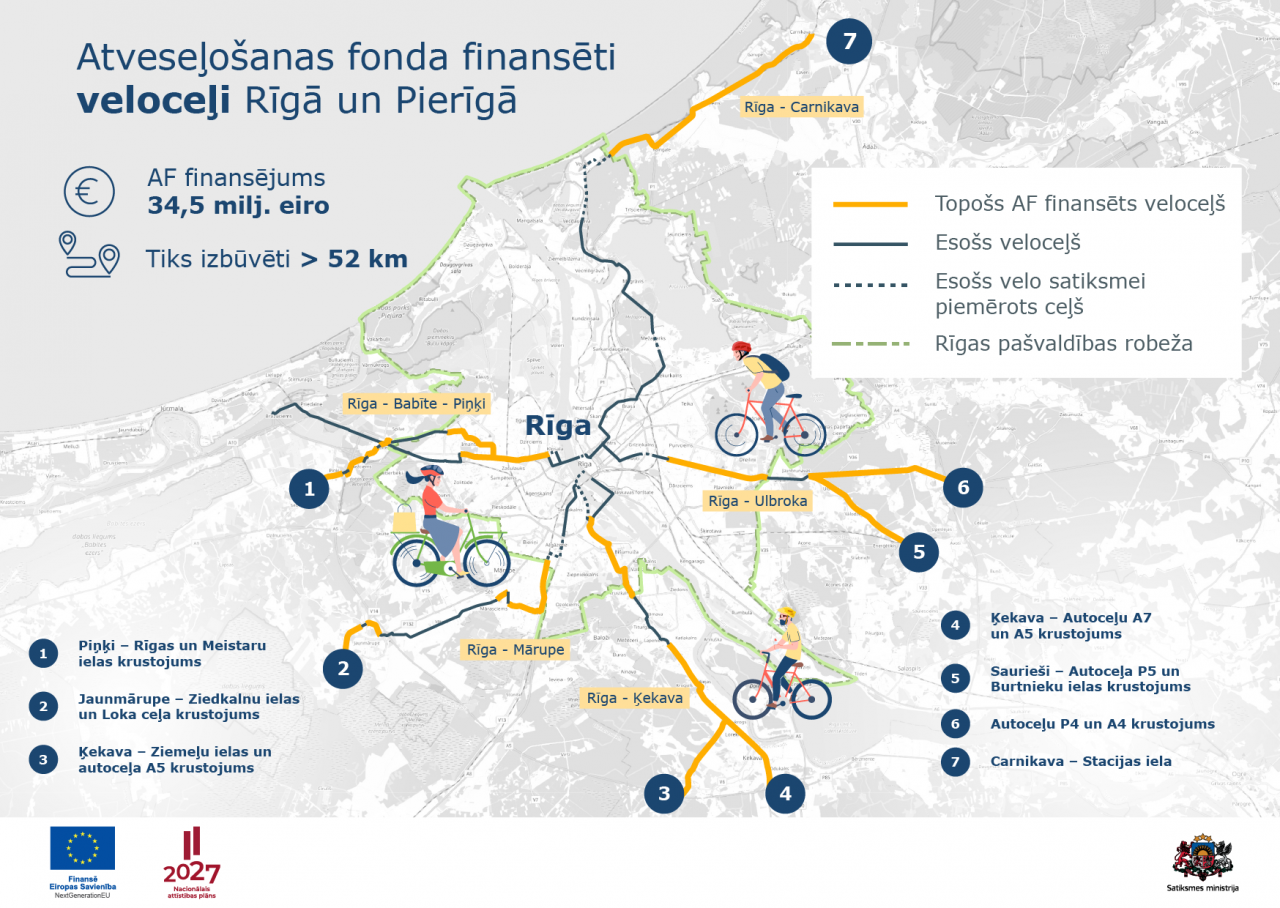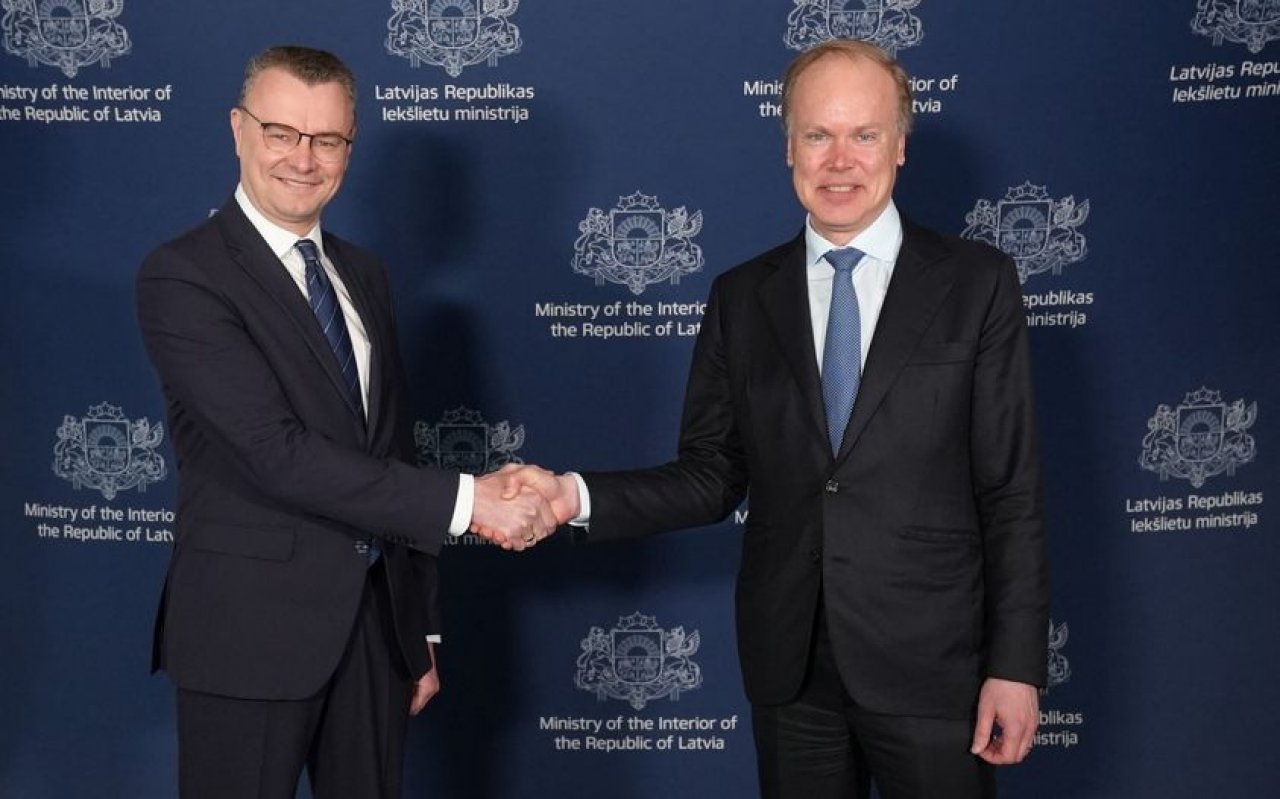According to the requirements of the procurement tender “Supply of New Battery Electric Multiple Unit (BEMU) Trains for Passenger Transport,” applicants that qualified in the first stage of the tender based on the criteria outlined in the tender regulations—namely, “Construcciones y Auxiliar de Ferrocarriles S.A.,” the consortium “ŠKODA TRANSPORTATION a.s. – ŠKODA VAGONKA a.s.,” and “Stadler Polska Sp. z o.o.”—were required to submit their bids for battery electric train acquisition by April 25 of this year.
Upon opening the bids in the Electronic Procurement System, the ATD Procurement Commission stated that two of the three shortlisted candidates—the consortium “ŠKODA TRANSPORTATION - ŠKODA VAGONKA” and “Stadler Polska Sp. z o.o.”—had submitted bids. However, after a detailed review, the commission determined that only the consortium “ŠKODA TRANSPORTATION - ŠKODA VAGONKA” had provided a complete bid, while the documents submitted by “Stadler Polska Sp. z o.o.” did not meet the tender’s specified requirements. Consequently, the commission noted that effectively only one valuable bid was received, which will be further assessed in the negotiation-based second stage of the tender process.
ATD reminds that with the support of European Union funding and the Latvian state budget, the goal is to procure nine battery electric train units for passenger transport. The procurement documentation also includes the option to acquire additional units should extra financial resources become available.
On September 29, 2023, the Public Transport Council (STP) acknowledged the quality requirements prepared by ATD for the battery electric multiple unit (BEMU) trains. The trains are to be equipped with a passenger information system, video surveillance, Wi-Fi, trash bins, and sanitation facilities. Requirements also specify seating capacity and arrangement, table placement, bicycle storage, and more. All trains will be accessible to persons with mobility impairments in compliance with the EU’s Technical Specifications for Interoperability for railway vehicles. Battery quality has also been identified as a key factor, with a minimum range of approximately 100 km on a single charge.
It is planned that the new battery electric trains will operate on routes Bolderāja-Riga-Sigulda, Riga-Madona, and Riga-Dobele, with the possibility of expansion to additional destinations, such as Cēsis, Valmiera, and other cities. Over the coming years, this initiative aims to significantly enhance passenger comfort and mobility speed, while also providing an environmentally friendly, low-noise transport option—battery trains are quieter, making them more comfortable for passengers and for residents living near railway tracks.
Additional information: State Road Transport Administration


